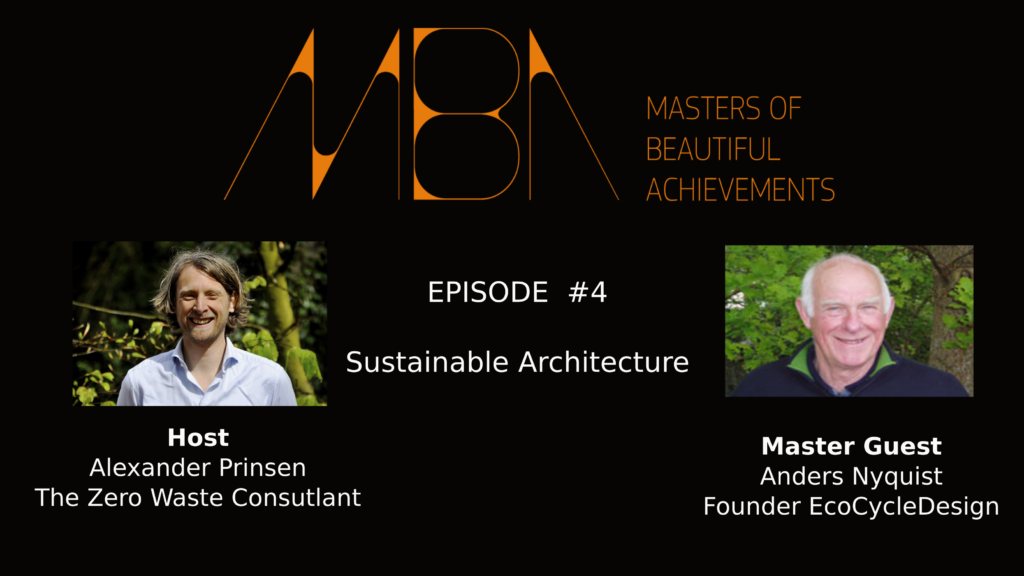With Adriaan Korthuis from Climate Focus we explored the space of financing emission reduction programs in particularly developing countries’ and how to make sure companies exercising good climate practices. There is an urgent need for reforestation and forest protection as each year the annual Forest Declaration assessment (which Climate Focus is responsible) shows that intentions are not enough to change the negative spiral. So there tends to be a huge gap between pledging and implementation. Even with the “Science based targets Initiative” regarding Scope 1, 2 and 3, organisations know what to do, and yet they lag behind in the real implementation and monitoring of the decarbonisation pathways to stop wasting their emissions.
If you got something out of this conversation, please consider a paid subscription.
Making podcasts requires hours preparing and editing, and it is always nice to receive an acknowledgement that you have liked what I do.  – Become a paid member of my Gumroad community
– Become a paid member of my Gumroad community

I thank you for your support and enjoy the conversation![]()
![]()
![]()
![]()
![]()
![]()
![]()
![]()
Some facts:
The whole continent of Africa wastes as much emissions as the Netherlands.
The carbon offset market is just not big enough to offset the developing countries emission towards the undeveloped countries, as the developing countries emit so much more (>80% of total) emissions than what the undeveloped countries can absorb.
Thus Carbon Credits are a just tiny part of the solutions, as companies need to do much more than just offsetting.
The need to structure decarbonization to make the efforts more transparent and more certifiable so that the corporate carbon credit claims can be traced has been done by VCMI ( Voluntary Carbon Markets Integrity Initiative’s). They have just now published guidelines so that it becomes transparent on which level the carbon offset program is based. And this is an annual requirement for the members in order to keep their Carbon Integrity Claim valid.
Some serious rethinking is needed when organizations really care about eliminating their wasted emissions to redefine their current business models and the whole value chain. Adriaan sees that specifically large family owned business are much smarter in how they handle their emissions and are proactive in solving the wasted emissions. It does help that family owned business have a much longer time horizon compared to stock listed companies. The latter are consumed by every quarter or annually reporting cycles driven by shareholders who expect a certain annual dividend output. The current (eco)nomic requirements provide constraints for those business leaders who want to steer their company out of this paradigm.
The history of carbon credits dates back to the 70’s when the USA created a emission trading system for wasted emission of among others powerplants who could trade their emissions between each other. [Some interesting links to follow up on https://interactive.carbonbrief.org/carbon-offsets-2023/timeline.html and https://en.wikipedia.org/wiki/Carbon_offsets_and_credits.] Fast forward 1997 the world agreed on the Kyoto protocol, the first major implementation agreement on how the world would reduce their green house gas emissions (GHG). It was the beginning of a global emissions trading system where the developing countries would offset their reduction targets to help the undeveloped countries transition faster towards a clean energy system. A lot of windmills, biomass to energy and sanitation of landfills in the undeveloped world where financed by the The Clean Development Mechanism from this trading system.
The real benefit of carbon credits are on the receiving side. The credits provide additional income for farmers and communities to protect their forest and biodiversity. This tends to be the only solution to substitute the lost income when the trees and mangroves are extracted for the short term monetarisation. For instance paying logging companies for not logging. It thus provides a good source of income for communities for services the generic economy would not finance.
Yet accordingly to Adriaan we do need to regulate 2 things:
1) Improve the certification and monitory methods to establish that the credits sold are traceable.
2) Companies need to tune down their carbon offset claims in order for it to stay realistic.
The challenges to solve the emissions are according to Adriaan is that we have for the macro (eco)nomics 2 large challenges:
1_ stop the bleeding of emissions (storage or converting them at the source) is complex as it addresses how we have structured our (eco)nomy and our wealth is defined.
2_ clean up of what we have wasted (which only works when the bleeding is stopped) is a technological and financial challenge.
The Masters of Beautiful Achievements podcast series is where Alexander Prinsen explores natural science, innovation, systems thinking and leadership. In daily life he is an systemic innovation consulting at scopematters.com where he helps organizations accelerate to save costs, do good and operate within the planetary boundaries.



